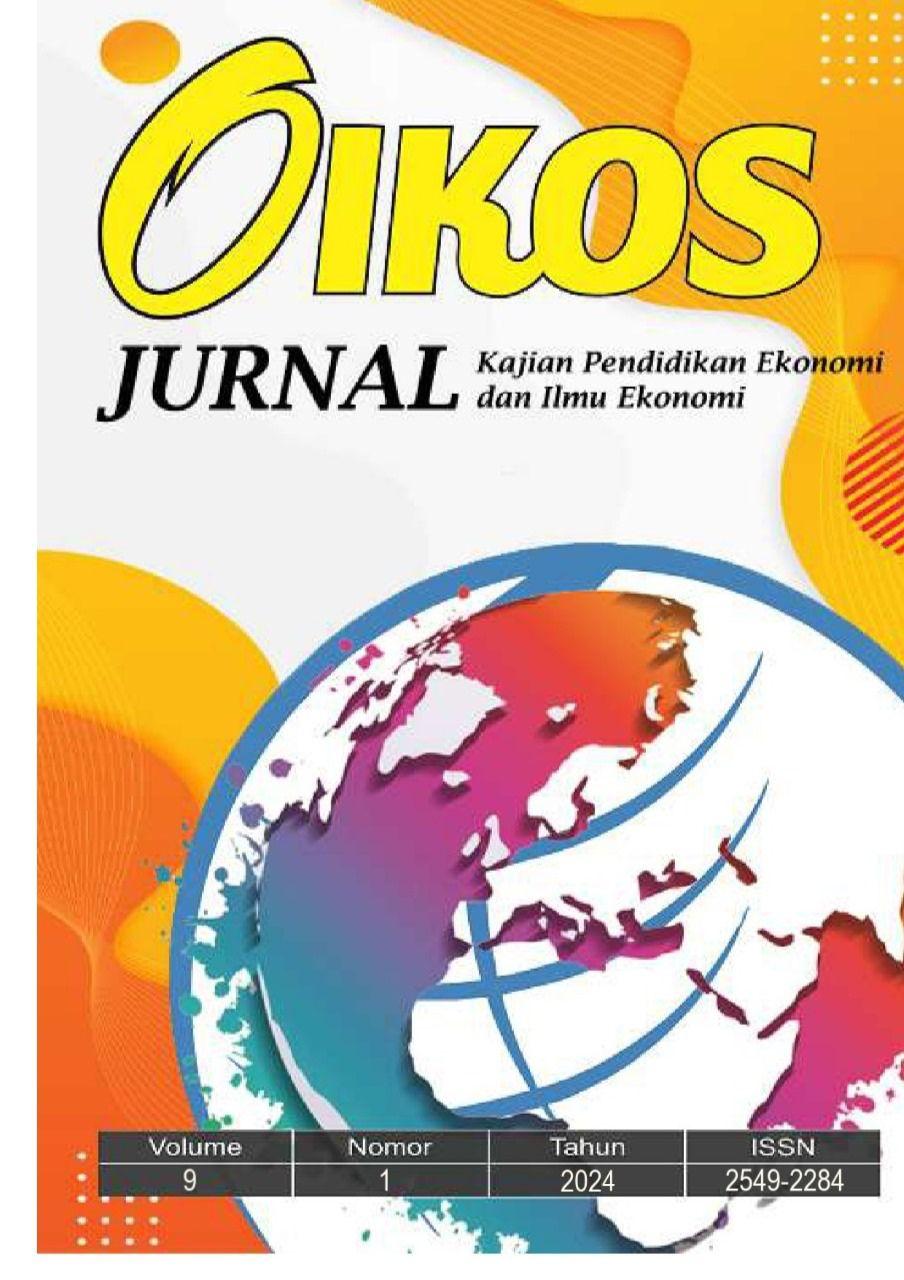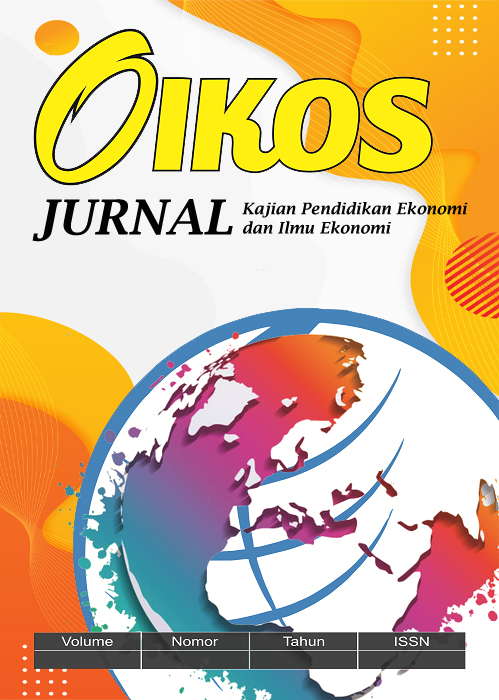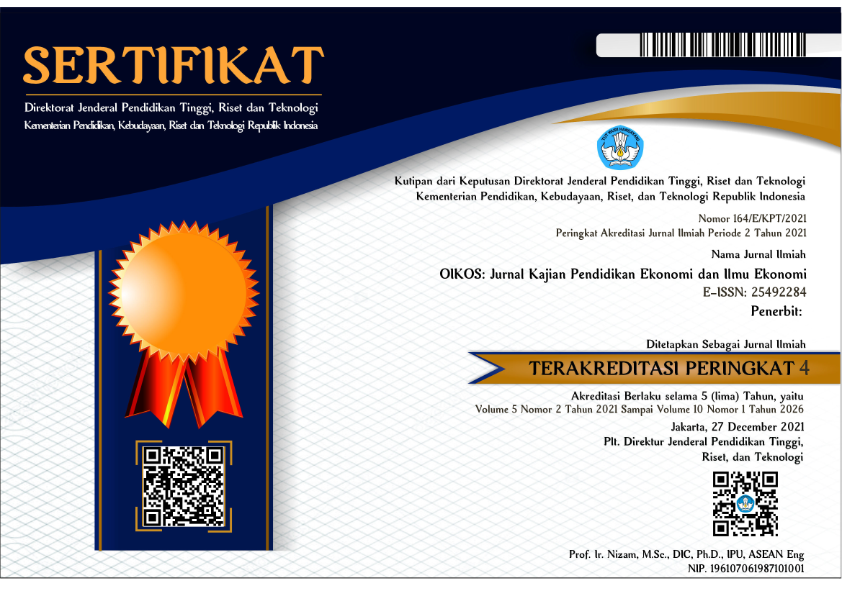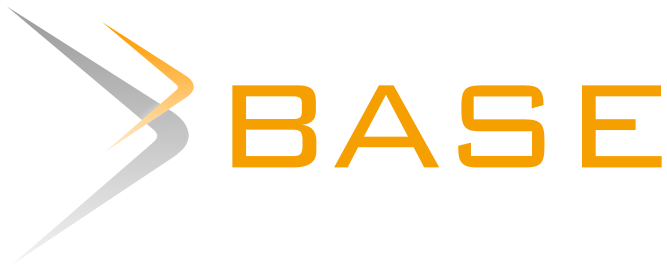Manajemen Efektif dengan Bantuan Teknologi: Peran AI dalam Profesi Dosen (Suatu studi pada Dosen Fakultas Ekonomi Universitas Galuh)
(Suatu studi pada Dosen Fakultas Ekonomi Universitas Galuh)
Keywords:
Artificial Intelligence (AI), Lecturer Work Efficiency, Time ManagementAbstract
The increasing workload of lecturers, encompassing teaching, research, community service, and administrative duties, often hampers time efficiency and the quality of education. According to previous research data, more than 60% of lecturers struggle to complete administrative tasks on time, while approximately 40% experience significant work pressure. Artificial intelligence (AI) technology emerges as a potential solution to automate these routine tasks, such as grading, data management, and preparing teaching materials. However, research on the application of AI to support lecturers' work efficiency remains limited, particularly in managerial and administrative aspects.This study aims to explore the benefits and challenges of implementing AI in time management and administrative tasks for lecturers, focusing on enhancing efficiency and productivity. Using a qualitative approach and a case study method at the Faculty of Economics, Universitas Galuh Ciamis, which has adopted AI technology, the research collected data through in-depth interviews, direct observation, and document analysis. The findings reveal that AI implementation significantly improves time efficiency, reduces administrative workload, and allows lecturers to concentrate more on teaching and research. However, challenges such as technology adaptation, limited digital literacy, and concerns about data privacy and ethics were also identified.This study underscores the importance of institutional support through policies, training, and the development of more responsive technologies to meet academic needs. It contributes to understanding the potential and challenges of AI implementation in the teaching profession and offers recommendations to optimize AI technology in the field of education.
Downloads
References
Aoun, J. E. (2017). Robot-proof: Higher education in the age of artificial intelligence. MIT Press.
Campbell, R. J. (2016). Effective time management strategies for educators. Journal of Education and Learning, 97-106.
Creswell, J. W. (2014). Research design: Qualitative, quantitative, and mixed methods approaches (4th ed.). Thousand Oaks, CA: SAGE Publications.
Karsenti, T. (2019). Artificial Intelligence in Education: The Urgent Need to Prepare Teachers for Tomorrow’s Schools. Formation et profession, 112-116.
Kinman, G. &. (2018). Higher stress: A survey of stress and well-being among staff in higher education. Universities and Colleges Employers Association (UCEA). UNESCO.
Luckin, R. H. (2016). Intelligence Unleashed: An Argument for AI in Education. Pearson.
McArthur, D. L. (2021). The potential of artificial intelligence to improve the quality of teaching and learning. OECD Working Papers.
McCarthy, J. (2006). What is Artificial Intelligence? Stanford University.
McKeown, G. (2014). Essentialism: The Disciplined Pursuit of Less. Crown Publishing Group.
Russell, S. &. (2016). Artificial Intelligence: A Modern Approach. Prentice Hall.
Selwyn, N. (2019). Should robots replace teachers? AI and the future of education. Polity Press.
Zawacki-Richter, O. M. (2019). Systematic review of research on artificial intelligence applications in higher education – Where are the educators? International Journal of Educational Technology in Higher Education, 1-27.
Downloads
Published
Issue
Section
License
Copyright (c) 2025 OIKOS: Jurnal Kajian Pendidikan Ekonomi dan Ilmu Ekonomi

This work is licensed under a Creative Commons Attribution 4.0 International License.









